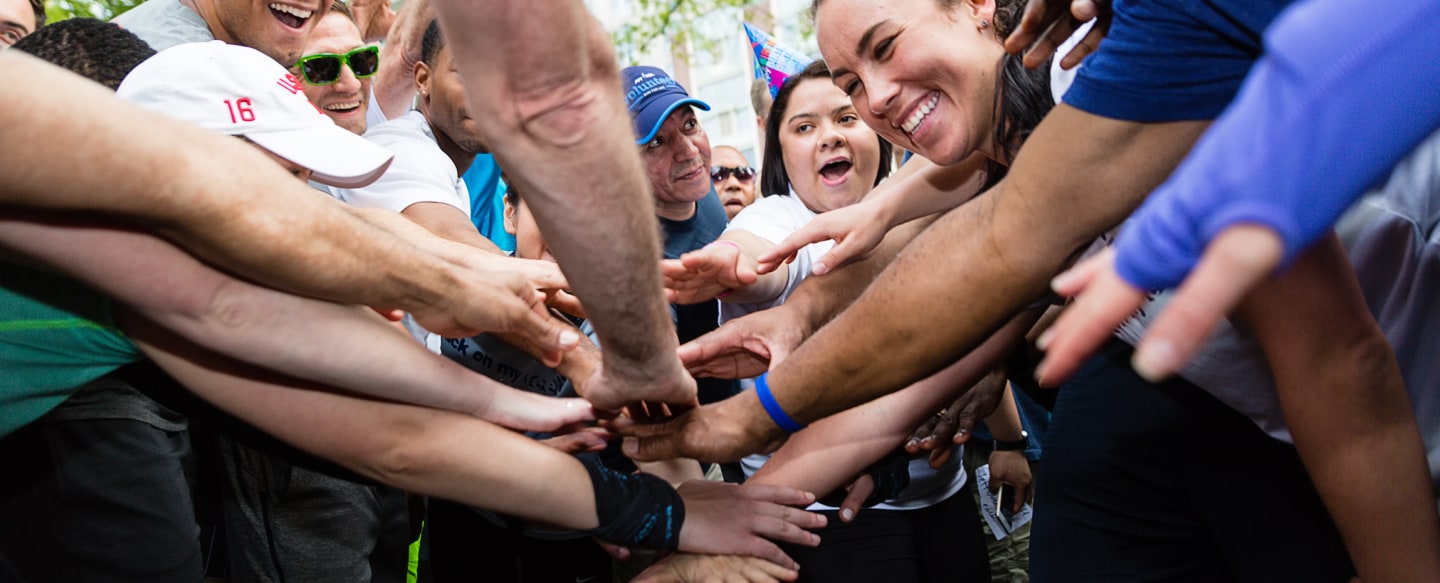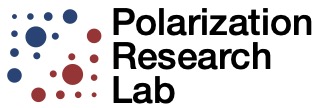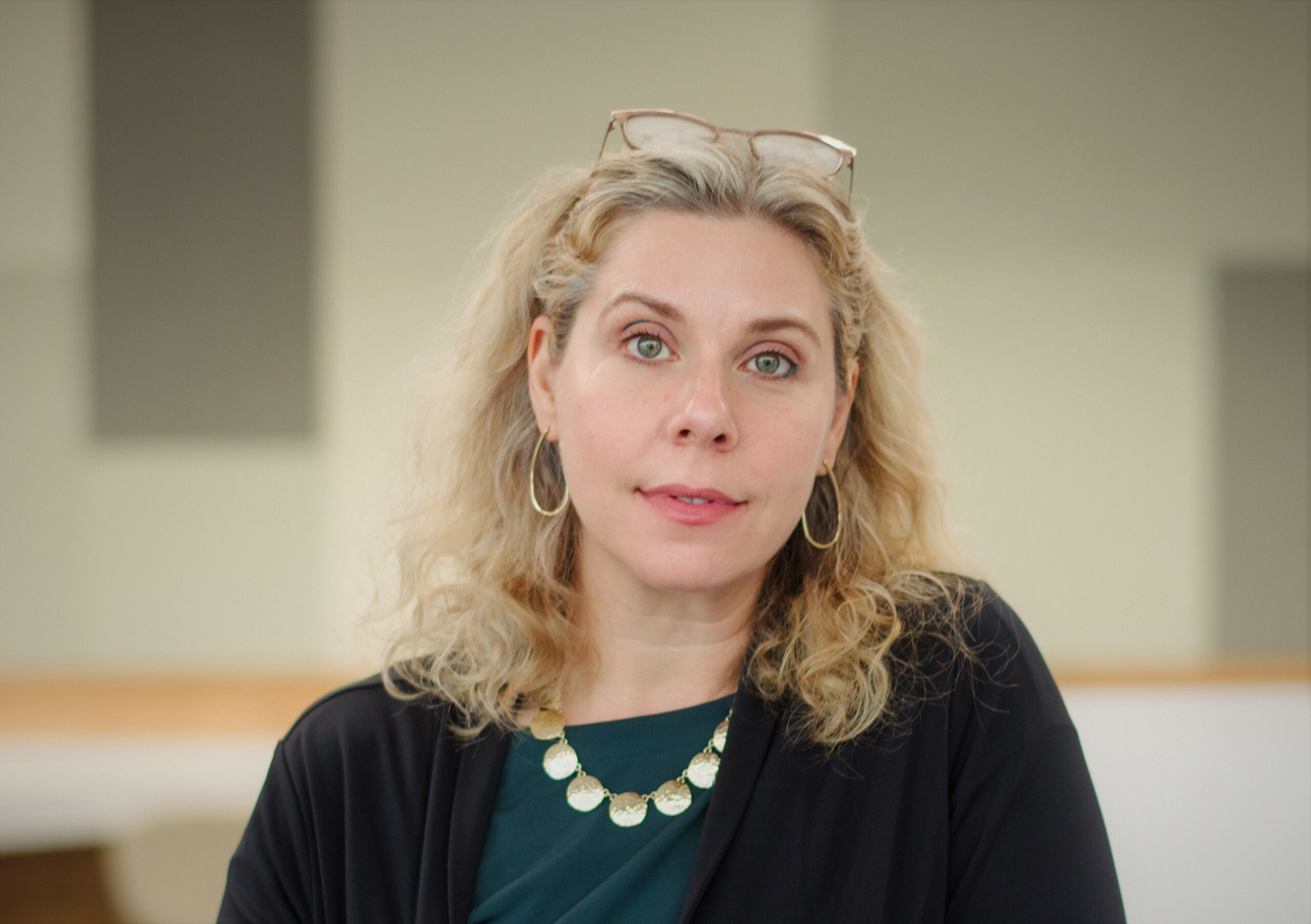As part of its Speech Wars reporting project, The Atlantic convened a diverse group of free speech experts, journalists, and everyday people caught up in hate speech incidents to engage in discussions around the state of public discourse in America.
.@SarahRuger of @CKinstitute talks about her experience meeting astronauts from around the world who spent time together on the International Space Station underscored the need for open dialogue at #AtlanticFreeSpeech pic.twitter.com/JVvDgNampb
— AtlanticLIVE (@AtlanticLIVE) December 5, 2018
Free speech has increasingly become an area of controversy and public debate. In early November, a photo showing a group of Wisconsin high school students appearing to be giving a Nazi salute was quickly circulated across Twitter and into news cycles. While the school district ultimately decided they were not able to discipline the students as their actions were protected under the First Amendment, participants in the opening panel were split, leading into a larger conversation on for the ramifications of offensive speech.
PEN America CEO Suzanne Nossel said, “We need to draw a distinction between speech that’s undesirable and speech that we want to legally ban … The minute you invite the government to draw distinctions … you invite discretion into that realm.” Nossel explained that different presidential administrations might ban different sorts of speech. Nossel noted that just because government shouldn’t act, doesn’t mean members of society should not. She argued it was individuals’ prerogative to put offensive speech “in its place.”
Professor Ibram Kendi, director of American University’s Antiracist Research and Policy Center, said, “If it was up to me, I would ban hate speech, but on the other hand I know that if that happened then we would go from struggling over free speech to struggling over what is hate speech.”
Harvard University law professor Catherine MacKinnon and Nossel agreed that students who speak offensively need education more than discipline.
I’d be very reluctant to reopen the specifics of the First Amendment, says @SuzanneNossel of @PENamerican, especially because of how it could shut down crucial public discourse. #AtlanticFreeSpeech pic.twitter.com/uRPTof7ovO
— AtlanticLIVE (@AtlanticLIVE) December 5, 2018
In the midst of today’s political and cultural discourse, what role does the media play, and how can freedom of the press continue to be protected? Chris Gaither, Communications Advisor; Former Los Angeles Times Journalist, spoke with Bruce Brown, Executive Director, Reporters Committee for Freedom of the Press, to discuss the vital role journalists play in a democracy. Brown explained how the press is facing threats that will pre-and post-date the Trump administration, but the Trump administration has also placed a sense of urgency on the work of press freedom advocates. Gaither then asked how free press issues are playing out in online media. Brown noted the importance of technology and media working together to preserve press freedom, “even as we fight here at home more than ever, we can’t lose sight globally of really important cases that bring tech and media together.”
.@rcfp‘s Bruce Brown discusses how our democracy rests on the knowledge provided by a free, protected press at #AtlanticFreeSpeech pic.twitter.com/eII5tXQKpI
— AtlanticLIVE (@AtlanticLIVE) December 5, 2018
Polling has shown that college students place a high value on protecting free speech in a democracy, with 89 percent stating that free speech was “extremely important” or “very important.” In practice, these views are much more nuanced, and free speech controversies on campus continue to surface, including at Evergreen State College, which set the stage for Atlantic Editor in Chief Jeffrey Goldberg and University of Chicago President Robert Zimmer’s discussion.
Zimmer noted these threats erupt periodically, but argued free exchange of ideas is an essential part of a quality education, stating, “Everybody needs to learn how to be challenged … they need to learn how to think, and the only way you do this through intellectual challenge and through this constant up and back of discourse.” In offering advice to a group of AP U.S. History high school students in the audience, Zimmer noted that intellectual challenge will empower them to do things for the rest of their lives in a much stronger way than in closed or homogeneous environments.
.@UChicago President Robert Zimmer: There’s no question that one needs to have an environment to deal with all sorts of difficulties. But the response to that, is not that we’re going to limit the quality of everyone’s education #AtlanticFreeSpeech
— AtlanticLIVE (@AtlanticLIVE) December 5, 2018
In a panel moderated by The Atlantic’s Alexis Madrigal, Susan Christian, chair of the San Francisco Human Rights Commission; Charlottesville counter-protestor Brennan Gilmore; and former Anti-Defamation League Director of Technology and Society Brittan Heller discussed when individuals should take action against to protect themselves against defamation and how they should engage individuals who participate in hate speech.
Christian explained that San Francisco city officials, when faced with alt-right protesters permitted to assemble on federal land within the city, created events celebrating democracy and equality. The protestors cancelled their event and the city proceeded with its own. After settling her defamation suit against a group of anonymous online commenters, Heller met with her harassers. She said most said they had no idea their words affected a “real” person. From her own story, Heller said she “learned that no one is irredeemable … if you’re really committed to , you have to have uncomfortable conversations.”
When hate groups put bigoted ads on San Francisco public transit and organized a rally in a beloved city site, @SFHumanRights‘ Susan Christian helped lead efforts to respond. She shares her experiences fighting hate with speech at #AtlanticFreeSpeech. pic.twitter.com/s822pmt9dz
— AtlanticLIVE (@AtlanticLIVE) December 5, 2018
The “Free Speech and the Free Press” panel made the case the Trump administration’s rhetoric towards journalists as well as the move towards authoritarianism around the world has raised cause for concern. Freedom House President Michael Abramowitz, Atlantic Editor in Chief Jeffrey Goldberg, and PEN America’s Suzanne Nossel all agreed that what the press was experiencing was unprecedented, and fundamentally different from past administrations, with Goldberg stating, “what’s under threat right now are not laws so much, but norms.”
When reflecting on the state of a global free press, Abramowitz noted that over the last 10 years, free press has been under threat and, “Added to this toxic stew you have the president of the United States making it clear how he feels about the press, there’s a global impact to that… The impact of Trump is perhaps greater globally than it is at home.”
At #AtlanticFreeSpeech, @freedomhouse‘s @abramowitz discusses efforts to vilify the free press preceding the Trump administration, and how they’ve escalated during his tenure pic.twitter.com/IE5eEIuqNf
— AtlanticLIVE (@AtlanticLIVE) December 5, 2018
Comedy is about crossing lines, but are self-censorship and outrage culture silencing the scene? Noam Dworman, Owner of the Comedy Cellar, sat down for a conversation with The Atlantic’s Alexis Madrigal to discuss the state of free expression in comedy, and who should be given a stage. Reflecting on his decision to allow Louis C.K. to perform at the Comedy Cellar, Dworman stated that, “There’s a big difference between the Twitter mob and everyday people… I don’t think that people not being able to speak is the real issue. I think it’s the self-censorship issue that is going on that is the problem. The cure is much worse than the disease.”
At #AtlanticFreeSpeech, @ComedyCellarUSA‘s Noam Dworman discusses why parsing what’s seen as problematic needs to have some limiting principles—or areas like comedy will be negatively impacted. pic.twitter.com/FByLzPOEbA
— AtlanticLIVE (@AtlanticLIVE) December 5, 2018
The internet and online communities make the world a more connected and open place. However, like the real world it connects, it also has bad actors spreading toxic content and disinformation. Ellen Pao, Former CEO, Reddit; Co-Founder, Project Include, shared that efforts are being made to prevent harmful content, such as spam and bots, that fly under the radar of speech questions; “Constant limitation of free speech that happens every single day, and you don’t see it being complained about or criticized.” However, Pao also argued that not enough is being done to prevent harmful actions online and discrimination in the tech industry.
“Only 1 percent of people create a ton of content… most people are lurkers” @ekp on how online platforms end up being used. #AtlanticFreeSpeech
— Charles Koch Fdn. (@ckochfoundation) December 5, 2018
The final panel moderated by The Atlantic’s Conor Friedersdorf featured Nicole Wong, Former Deputy Chief Technology Officer, Obama Administration; and Elliot Schrage, Outgoing Vice President of Communications and Public Policy, Facebook for a discussion on some the platforms’ recent speech controversies and what ways our government should or shouldn’t proceed in regard to regulation. Speaking on her experiences at Google in light of the recent Project Dragonfly controversy, Wong shared how when Google first decided to go into China, the principles they considered were “optimizing for access, being transparent when we couldn’t do so, and being protective of the users,” ethical “north stars” Wong also recommended that Google stay committed to.
Friedersdorf then asked Schrage about Facebook’s George Soros controversy, asking, “If Facebook is committed to free speech, should that include an obligation to refrain from chilling speech of people who are critical of the company?” Schrage responded, “I believe that the best way you get accuracy and understanding, and civil and tolerant debate is by having an honest and transparent exchange of ideas.”
At #AtlanticFreeSpeech, @nicolewong and @facebook‘s Elliot Schrage discuss the shift from social platforms being blocked by authoritarian governments to being called on to weed out hate speech, and the challenge of managing the complex problems around free expression. pic.twitter.com/Fzb5WHrMDi
— AtlanticLIVE (@AtlanticLIVE) December 5, 2018










